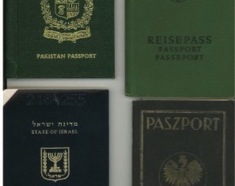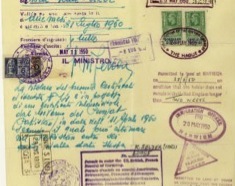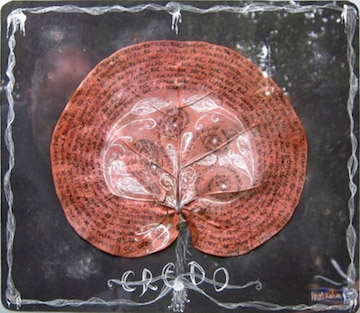
My parents had four passports between 1933 and 1972: Polish, German, Pakistani and Israel.
I can’t imagine not knowing where my passport is. When I travel I am as obsessive-compulsive as I ever get, exasperating myself as I check and recheck every pockets, bag and suitcase. It amazes me to hear how careless people can be with their passports, losing or mishandling them, thinking that they can easily be replaced, just like any consumer product. You can always get another one, they seem to think, you can always have another photograph taken. It’s a drag but it’s not a big deal.
When it comes to passports, I know I’m not normal: I think it’s because I’ve inherited frontier anxiety from my refugee parents who, at one time or other in their adult lives, carried passports from four different countries: Poland, Germany, Pakistan and Israel. In between they were Apolides, an Italian word that refers to stateless persons and a word that most of us do not need to know, just as a passport, for most of us in the fortunate world, does not stir existential Angst. We, do not know, as my father put it, what “it is to float about without a passport”. He wrote:
A passport is a document which proves to the world, and ultimately to yourself, that you exist, that you are legally a person. It provides you with a fatherland. It informs the holder and the viewer that whoever maltreats you can count on one day being paid back for his behaviour. It guarantees to all concerned that you have a home to return to. It requests all and sundry to be kind to you or at least to behave decently towards you.
Recently I’ve taken to wondering just how abnormal my frontier anxiety is, so I looked for perspective from my 17-year old grandson, his 50-year old father, and two international friends, Avigail and Beena. Rather than my summarizing what they said, please listen to what they had to say.


